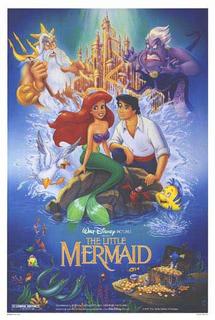Subject: "One Flea Spare": Morality in America
Although it took me a while to understand any of the play “One Flea Spare.” I was able to grasp a few things from the play that will stay with me for some time. I think the thing that will stick with me is the meaning that I took away from the performance: “What is moral?”
Many people would look at my meaning and think that I am mad because the entire theme of the play is wrapped around sex and self gratification. Though this is true, I still believe, as an audience member, each person can take something different away from not only each play, but also each performance. I feel that the thought behind the Snelgraves, Bunce, Morse, and Kabe all had a moral issue. I think that this play can be used as a check for the society today for the viewers to see how moral they are being.
There are going to be people in the audience who associate themselves with each of these characters. Some people will connect with the ‘abusive’ hating type like William. Some will associate with the scared Darcy who is unstable about her appearance and her emotions, she also loves a younger man. Some will associate with the torn Bunce who has had a rough life and has had love from a man and a woman and he is someone who loves an older woman but then runs from everything. Others will see themselves as Morse, the not so innocent little girl who learned “from keyholes” what she knows. This could be a lot of today’s youth except there keyholes are television and the internet. Yet, then there will be those that correlate with Kabe, the one who is just out “for a piece of ass.” He is out for himself and for no one else.
Each character and those that react with them bring to light a social issue in our culture. This play as a whole, also brings to light things in real life that we as society brush under the rug and it is not afraid of showing them vividly. For example, when Bunce and Darcy are perusing a relationship in front of William, this happens everyday in our society, but most of the time, it happens in a way that it is not quite as ‘in front of’ the other spouse. This hits on the dealing with of adultery and affairs by our society. The next character that you can speak of is Morse. I like her character most because I feel that she represents today’s youth and how corrupt we are as a generation by what we are taught by our friends, by television, by the internet, and in some instances, by our parents. Sex is a common topic in households today and usually for the wrong reasons. If you were to ask a high school student in a normal high school in America the percentage of there class that are virgins, you would be lucky to get a 25% report. I am not sure if sex is socially accepted or if it is just not talked about because it is not ‘proper.’ I think that this play brings this up in a big way.
If I were to explain every symbol that this play sends I would be writing forever, so I am going to end with a question that I have about the play. One scene, between Bunce and William where William is asking Bunce about being on a ship with only men, what does William really want from Bunce? Does he want to have a relationship with him? William asks him what he had done against God while on the ship. He also talks about gratifying himself. The end of the scene leaves this wide open though, Bunce takes an orange that he had been handed by William and uses William’s finger to make a hole and then he drinks from the hole in the orange. What does this scene really mean? Is there a real answer or is it open to interpretation of each member of the audience?
I do have to say that I applaud the cast and crew of the production they all did well, and my friend Katie Deeds, did a wonderful job directing this production. I would love to see more plays done in the television studio like this one was.
--Michael B. Breeden

